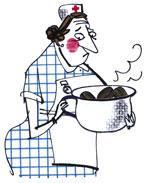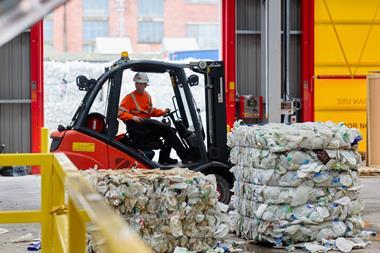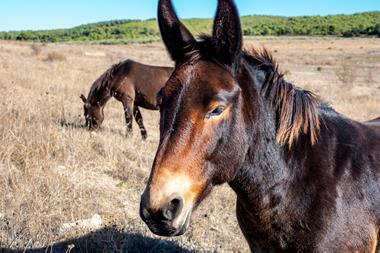Deadly poisons and coffee

On the topic of poisons, it’s time to wake up and smell the coffee.
Before explaining that statement, I must observe that certain chemists are dull, dull, dull. They get in a prissy snit about words. They fume whenever someone uses ’organic’ to mean ’pristine-and-pure-and-health-giving’. They smoulder when they encounter ’chemicals’ as a synonym for ’poisons’. The general public, seeing these unhappy pedants, concludes that chemists have no respect for the modern vernacular.
Sadly, in many cases this is true. It is the chemists who are at fault; a quick look at the history of chemistry and words makes this plain.
Everyone knows of Paracelsus, or has heard the name, or at least knows of someone who has heard the name. Paracelsus is famously said to have said, ’All substances are poisons; there is none which is not a poison. The right dose differentiates a poison from a remedy’. Thus any chemical can be a poison. Score one for the modern vernacular.
The pedants, being pedants, know exactly who Paracelsus was. Born in 1493 and burdened with the name Theophrastus Phillippus Aureolus Bombastus von Hohenheim, he died in 1541. Centuries later, the Encyclopedia Britannica described him as having ’established the role of chemistry in medicine’. This he did loudly, brashly, in public. Paracelsus was not dull.
Today, almost five centuries post-Paracelsus, who is loud, brash, and very public in defining poisons? One man stands out. His name is Robert Cohen. He writes books.
Some science books are deadly dull. But there is no dullness in Cohen’s ’Deadly’ adventure series. So far Cohen has produced four cracking good reads: Milk: the deadly poison, Diet soda: the deadly poison, Radiation: the deadly poison, and Vaccines: the deadly poison. These are four of the most fun books ever written. I cannot recommend them highly enough to anyone who, like me, enjoys worrying constantly about deadly poisons.
Robert Cohen has the special ability to see deadly poisons where others somehow don’t. He invites us all to share his enjoyment. His enthusiasm is nearly rabid.
In Cohen’s writings, the unexpected lurks everywhere, in his books and also on his web site www.NotMilk.com. One essay, titled Rat poison, begins: ’It’s the law - rat poison must be added to milk’. I didn’t know that.
I also now understand, thanks to Cohen, that milk consists largely of pus and other yucky stuff, and that many celebrities come down with horrible diseases and even die because they drink milk. Cohen has no monopoly on fun, poison-filled books and articles. A 1978 article by the late Max Gerson still makes people sit up in wonder. It was published - a remarkable 19 years after his death - in the journal Physiological Chemistry and Physics.
Gerson perfected the chemico-physiological theory and practice of the coffee enema. By his theory, cancer is caused by poisons accumulating in the body. Thanks to Gerson, we are assured that coffee enemas can extract those poisons, thus curing cancer. And thanks in no small part to the enematic Prince Charles, Gerson’s views on poisons continue to insert themselves into the public discourse and elsewhere.
That 1978 article is a fun, stimulating read. In it, Gerson explains: ’I worked out coffee enemas. We took three heaping tablespoons of ground coffee for one quart of water, let it boil for three minutes, then simmer 10 to 20 minutes, and then gave it at body temperature... every four hours...
’Even so with all these enemas, this was not enough! I had to give them also castor oil by mouth and by enema every other day, at least for the first two weeks or so. After these two weeks you wouldn’t recognise these patients any more!’
The chemical discoveries of Cohen and Gerson are, at the very least, good for some poisonously good discussions at tea time.












No comments yet